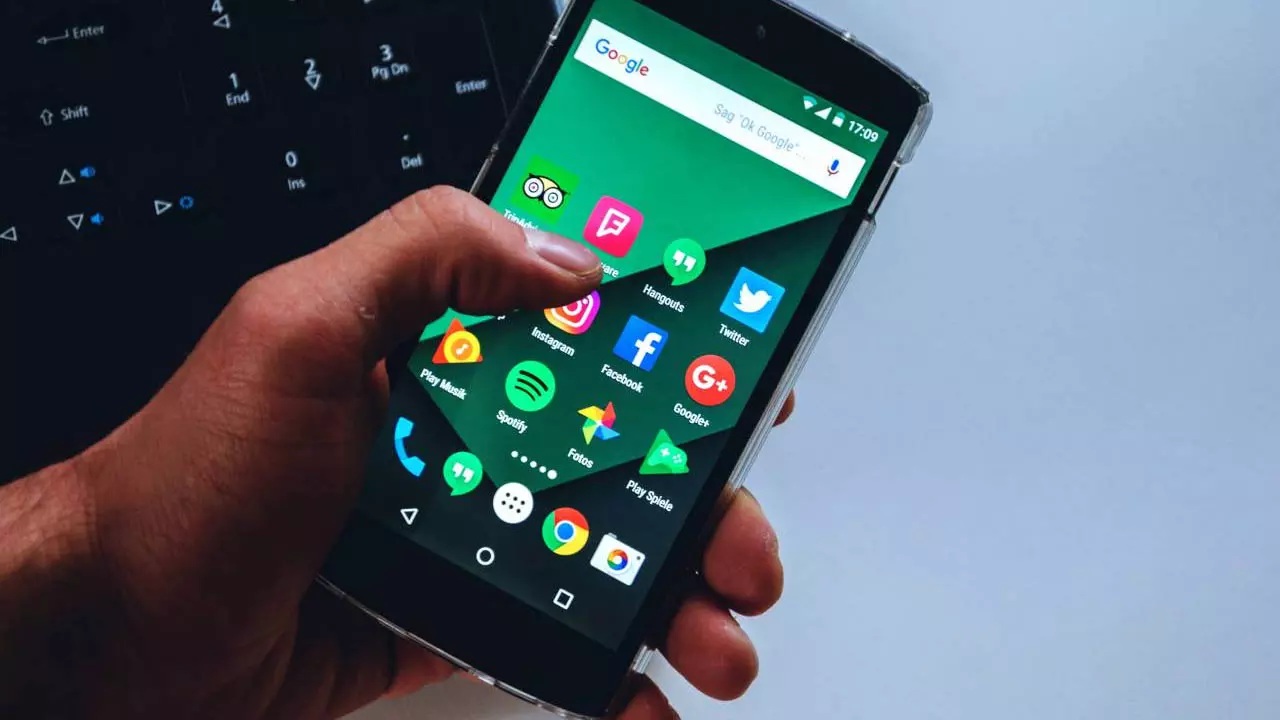Purchasing a second-hand mobile phone online can be a savvy way to acquire a more affordable device. Often, sellers are individuals who have upgraded to a newer model, leaving you with a perfectly functional phone at a lower cost. However, this can also pose security risks if you neglect to consider certain aspects. In this article, we’ll provide you with essential tips to avoid security problems when buying a second-hand phone.
Security Concerns with Second-Hand Phones Using a second-hand mobile phone can indeed compromise your security if not done cautiously. Such devices may potentially harbor malware or be configured to steal your passwords and personal data. Therefore, it’s crucial to heed the following recommendations to safeguard your privacy and avoid potential scams.
1. Scrutinize the Seller
Before making a purchase, thoroughly examine the seller’s profile, especially if you’re buying from platforms like eBay or Wallapop. Look for comprehensive information about the seller, check if there are comments and ratings from previous buyers, and see if they’ve sold similar products before. These details provide valuable insights into the seller’s reliability, helping you avoid security problems. Purchasing from an unknown user could result in a scam or a device that doesn’t function correctly, potentially containing malware designed to compromise your data.
2. Verify the IMEI
The IMEI (International Mobile Equipment Identity) serves as a unique identifier for mobile phones, consisting of 15 digits. It’s a crucial element in determining whether a device has been reported as stolen. Before buying a second-hand phone, request the IMEI from the seller to conduct security checks. You can visit the International Numbering Plans website and use their search engine to enter the IMEI number. This step helps you ascertain whether the phone has been reported as stolen, reducing the risk of purchasing a problematic device.
3. Perform a Factory Reset
To maximize security, always perform a factory reset when acquiring a second-hand mobile phone. Even if you believe the seller has already done this, taking this action again ensures that the device is restored to its default settings. Factory resetting helps eliminate any potential malware or malicious programs that might have been introduced, enhancing the phone’s security. While persistent malware exists, encountering it is far less common after a thorough factory reset.
4. Check for iCloud Lock (For iPhone Buyers)
If you’re considering the purchase of an iPhone, exercise caution to ensure it isn’t locked by iCloud. In some instances, the previous owner may have blocked the device, rendering it unusable for its intended purpose. In such cases, the phone might only be suitable for parts. To prevent purchasing a non-functional phone, conduct thorough research and request verification from the seller to avoid unpleasant surprises.
Conclusion
Buying a second-hand mobile phone can be an economical choice, but it’s essential to prioritize security to safeguard your privacy and avoid potential issues. Just as you would safely purchase tickets or any other product online, apply these tips to your second-hand device purchases. With due diligence, you can acquire a reliable phone that meets your needs without compromising your personal data or security.

